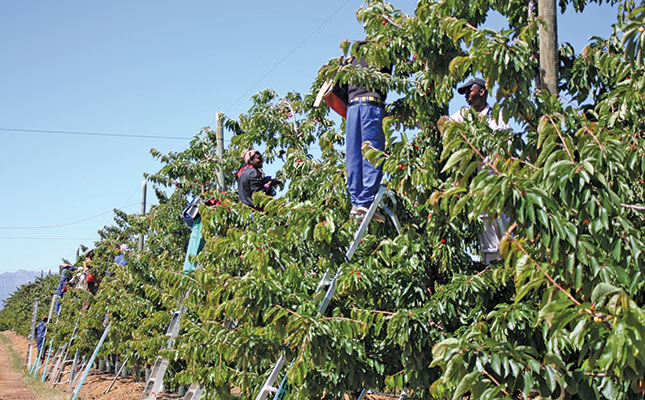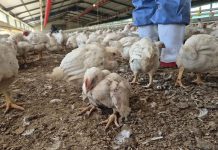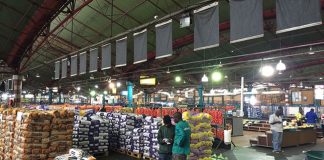
This was according to Chris van Zyl, Transvaal Agricultural Union (TAU) assistant general manager. He said indications were a considerable percentage of farmers are already paying workers more than the minimum wage intended to be implemented.
“The good news is that the agriculture sector is allowed to start paying only 90% of the R20/hr wage in the first year of implementation, starting on 1 March 2018,” said Van Zyl.
Recommendations were also made that the state should allow tax benefits for employers.
“This underscores the fact that TAU deems the minimum wage as reasonable and believes it won’t have a perceptible impact on the industry,” said van Zyl.
The implementation of the minimum wage was an effort by SA’s government to stimulate economic growth after its failures to accelerate growth through sound economic principles and market forces, according to Johannes Moller, Agri SA President.
He said the biggest challenge farmers faced was the uncertainties about the implementation of the minimum wage.
“This needs to be finalised,” he said. “The economic realities of agriculture are such that the sector can’t afford to be left in the dark about the implementation of the minimum wage for an extended period of time.”









